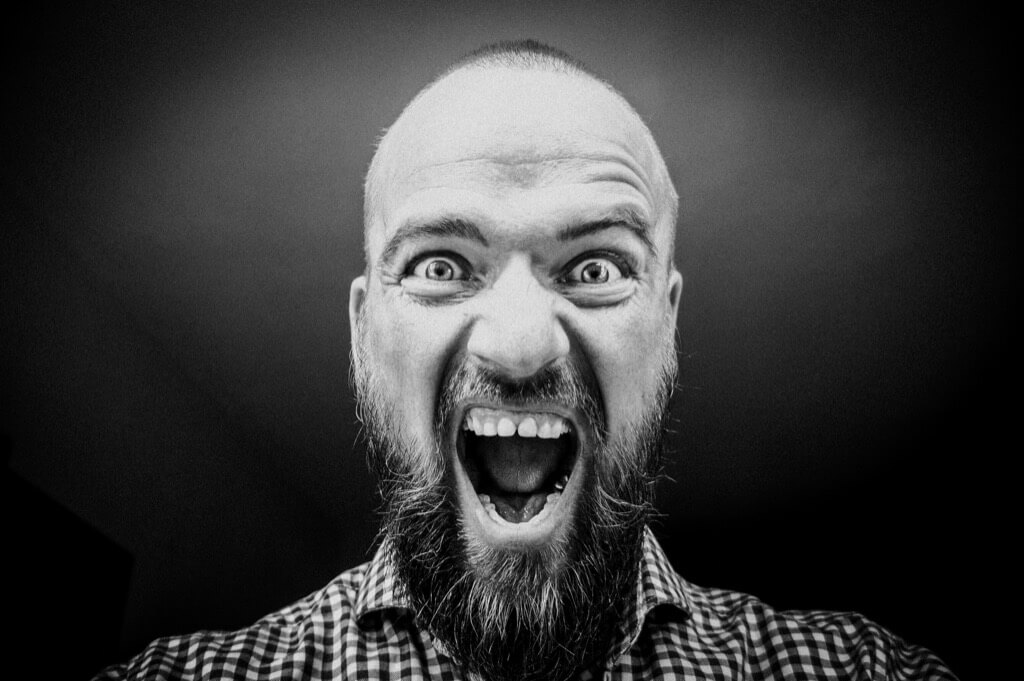South Africa’s Constitution is celebrated for its progressive stance on LGBTQ+ rights, making same-sex relationships legal and protecting individuals from discrimination based on sexual orientation. Yet, in practice, cultural norms often overshadow these legal protections, particularly within traditional Zulu society, where same-sex relationships are often dismissed as taboo and “unAfrican.”
For Zulu men who have sex with men (MSM), this cultural stigma has devastating health consequences. Many face alienation, mental health struggles, and barriers to accessing critical healthcare services.
A Culture of Silence and Stigma
Traditional Zulu culture often associates masculinity with heterosexuality, reinforced by statements like “real men are not gay.” These beliefs create a hostile environment for MSM, pushing many into hiding. For some, the pressure leads to depression, substance abuse, and even suicide.
As part of a study focusing on MSM in KwaZulu-Natal, participants shared their stories of rejection and suffering within their communities. The study revealed how cultural stigma discourages MSM from seeking healthcare, leaving many vulnerable to untreated illnesses, including sexually transmitted infections (STIs).
One participant, Funani, expressed his frustration:
“Culture is very stigmatising, discriminatory, and depriving. I grew up in a community where people see same-sex relationships as taboo. How can you come out in such a community? People create culture, so why can’t they embrace same-sex relationships as part of it?”
Painful Exclusion and Identity
The traditional Zulu rite of passage into manhood often becomes a moment of alienation for MSM.
Linda, another participant, recalled being excluded:
“At 21, you’re celebrated as a man in Zulu culture, dressed like a warrior with skins, a spear, and a shield. I was deprived of this because they said I’m not a man. It made me sick—I was hospitalized for weeks and nearly lost my life because of it.”
Sanele shared his struggle with mental health:
“I don’t care about culture because it has let me down as a gay man. Culture doesn’t respect me. I’ve faced mental health crises because of the rejection.”
Healthcare Discrimination
Beyond community stigma, healthcare facilities present another battleground for MSM. Many participants shared harrowing stories of mistreatment at clinics, where cultural prejudices are often amplified.
Lindani described his experience:
“I went to a clinic with an STI, and instead of treating me, the nurse asked irrelevant, judgmental questions. She reprimanded me about my sexuality, saying it was culturally wrong. I decided never to go back.”
Siyanda had a similar encounter:
“A nurse laughed about me with her colleagues. I left the clinic without treatment and never returned.”
The fear of ridicule and discrimination leads many to avoid healthcare altogether, sometimes with fatal consequences. As Anele put it:
“I’d rather die with my sickness than use such facilities.”
Breaking the Cycle of Stigma
Addressing the intersection of cultural norms and healthcare is essential to protect MSM while respecting Zulu traditions. Collaborative efforts involving cultural leaders, community influencers, and healthcare providers can help bridge the divide.
- Engage Cultural Leaders
Partnering with Zulu leaders to challenge harmful stereotypes and advocate for inclusivity can promote acceptance within communities. - Culturally Sensitive Training
Healthcare workers must be trained to provide respectful, nonjudgmental care to MSM, ensuring clinics become safe spaces for all. - Awareness Campaigns
Public education initiatives can highlight the health risks of exclusion and the benefits of inclusive healthcare practices. - Policy Reform
Policymakers must prioritize the enforcement of anti-discrimination laws in healthcare settings and allocate resources to support marginalized groups.
The stories of Zulu MSM highlight the urgent need for systemic change. While culture and tradition are integral to identity, they must evolve to reflect values of dignity and respect for all individuals. Creating discrimination-free healthcare environments and fostering community acceptance are essential steps toward ensuring that no one is left behind.



